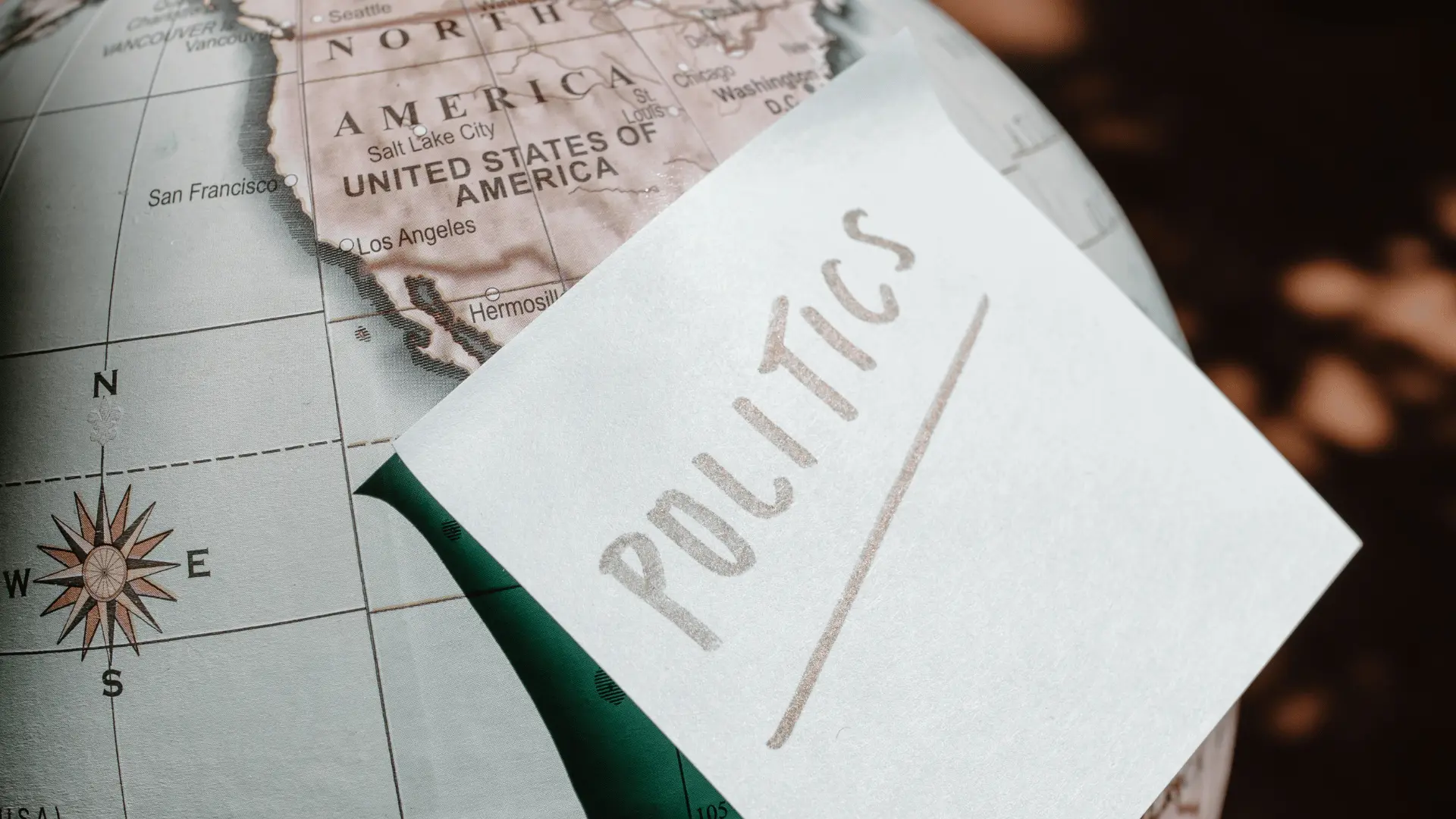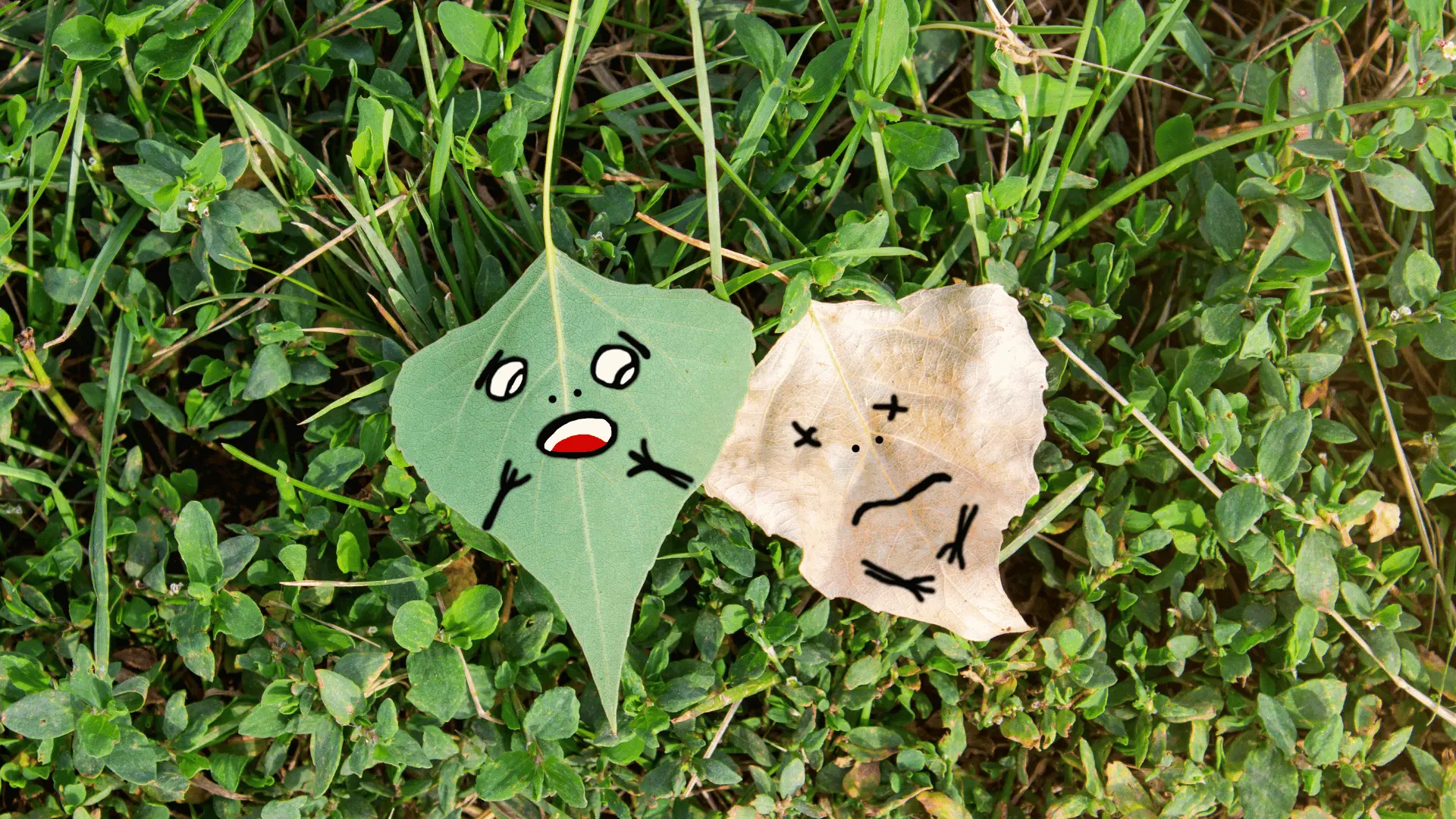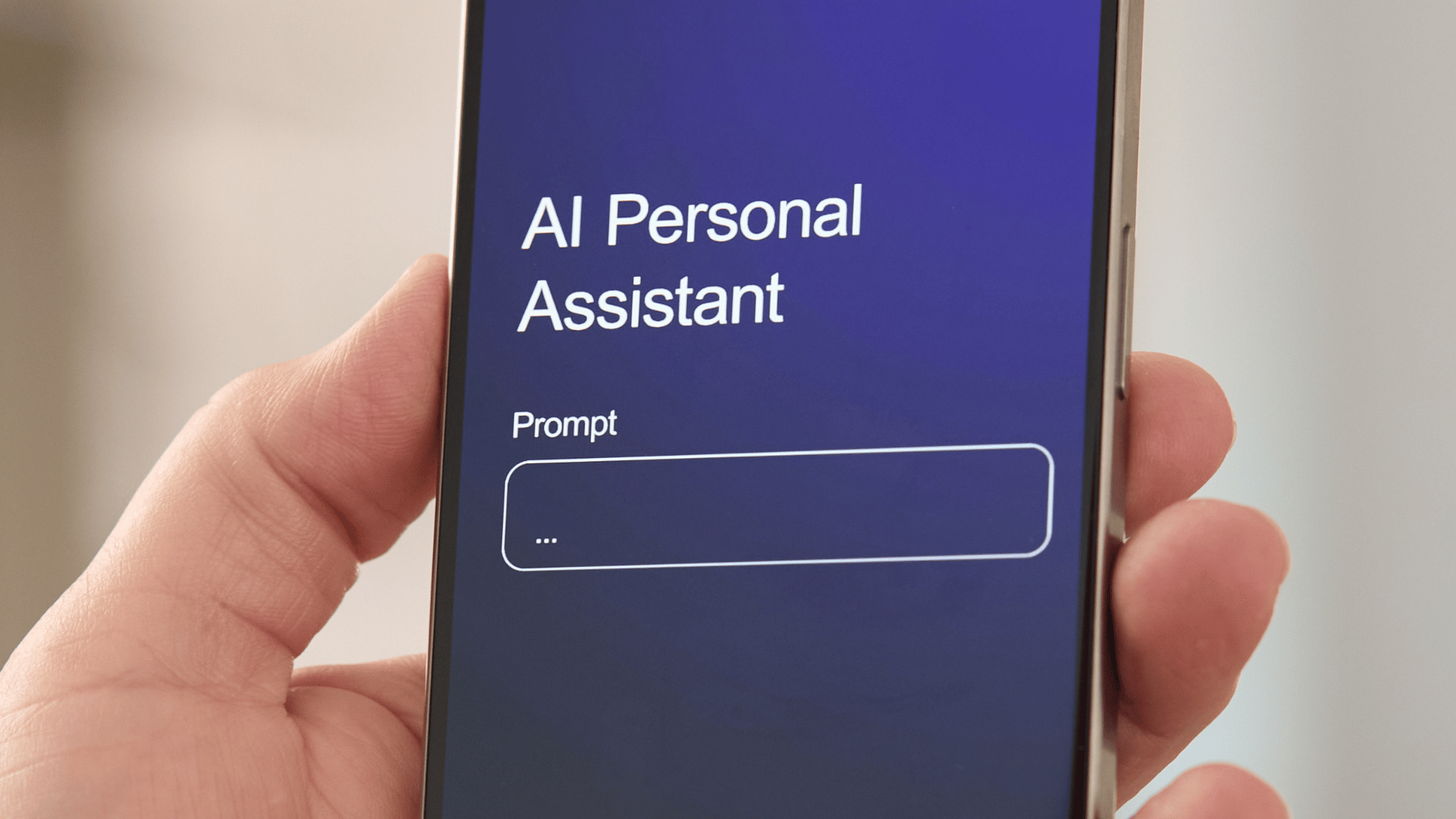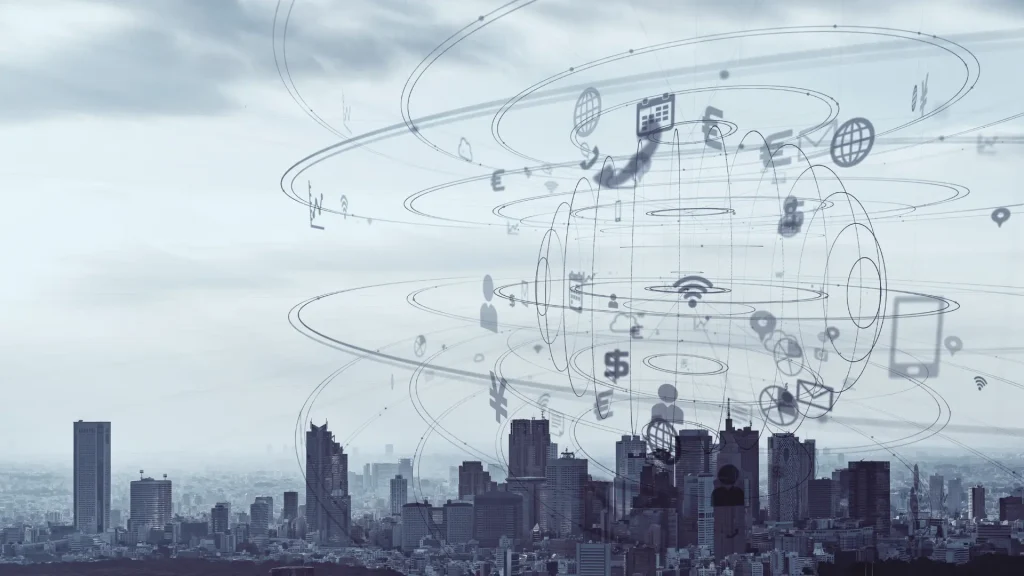Politics used to be serious business. Now, it is meme-worthy. Whether you are laughing at a dancing prime minister or decoding censored toads, political memes are where public opinion, propaganda, and pop culture collide. We take a global tour of governments that have become unlikely meme magnets.
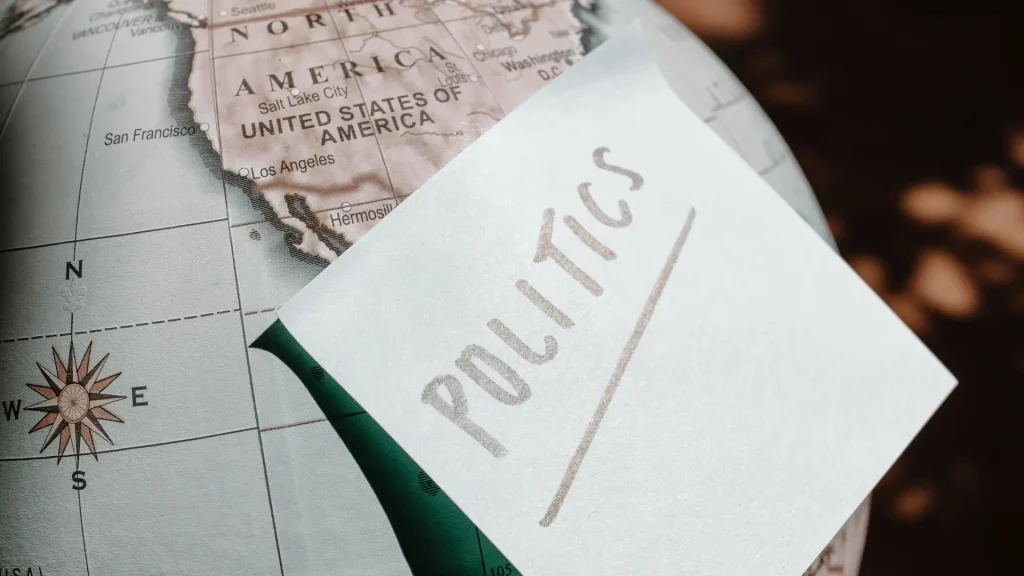
United States: The Meme Presidency™
No country does political theatre quite like the U.S. – and no administration has been more “meme-ified” than Donald Trump’s. From the nuclear “button” tweet to the legendary “covfefe,” Trump was both a meme generator and a meme subject. His presidency turned Twitter into a late-night comedy script.
Then came Biden, whose camp flipped the meme game by adopting “Dark Brandon” – a tongue-in-cheek rebrand that went viral. The move was unexpectedly self-aware until it was not. Once a campaign tries too hard, the internet notices – and it cringes.
China: Where Satire Wears a Disguise
China does not ban memes – it bans the obvious ones. Former President Jiang Zemin became the face of “toad worship,” a cryptic subculture in which citizens used amphibian imagery to mock his appearance and politics. Known as moha, it was satire in camouflage.
President Xi Jinping faced a similar fate. His comparison to Winnie the Pooh seemed harmless – until it was not. The censors scrubbed Pooh from the internet, inadvertently confirming the joke. Irony, it seems, does not translate well through authoritarian firewalls.
United Kingdom: Keep Calm and Meme On
Ah, Britain – the land of dry wit and dancing prime ministers. Theresa May’s robotic jive to ABBA’s “Dancing Queen” during a 2018 visit to Africa gave the UK meme economy a short-term boom. It was cringeworthy, yes, but also oddly on-brand for a nation that laughs at its decline.
British political memes often read like therapy sessions for the disillusioned. They do not just mock politicians; they reflect collective resignation wrapped in humour.
Russia: Meme Warfare 101
Russia is not just in the meme game – the Russians run it like a shadow war. During the 2016 U.S. election, Russian operatives used memes not just for laughs but also for disruption. Think influence campaigns disguised as harmless humour. It is state propaganda with a sarcastic filter.
Internally, political memes also act as subtle resistance. However, unlike in the West where memes are mostly satire, they are used as weapons in Russia.
North Korea: The Supreme Meme
North Korea is a meme factory by default. Its state media’s glorified portrayals of Kim Jong-un often border on self-parody – except they are not joking. The internet, however, is. From fake missile launch memes to mockumentaries on his haircut, Kim is regularly cast as a Bond villain (or a punchline).
What makes it fascinating is that most of these memes are crafted outside the country. In the absence of transparency, parody fills the vacuum.
Political memes: Subversion, Satire, and Statecraft
Political memes are the modern graffiti – quick, anonymous, and often illegal. They bypass traditional discourse, puncture propaganda, and occasionally change perceptions faster than a press release ever could.
In an age of censorship, surveillance, and 280-character diplomacy, political memes are not just jokes – they are statements. Just do not expect your government to laugh with you.

